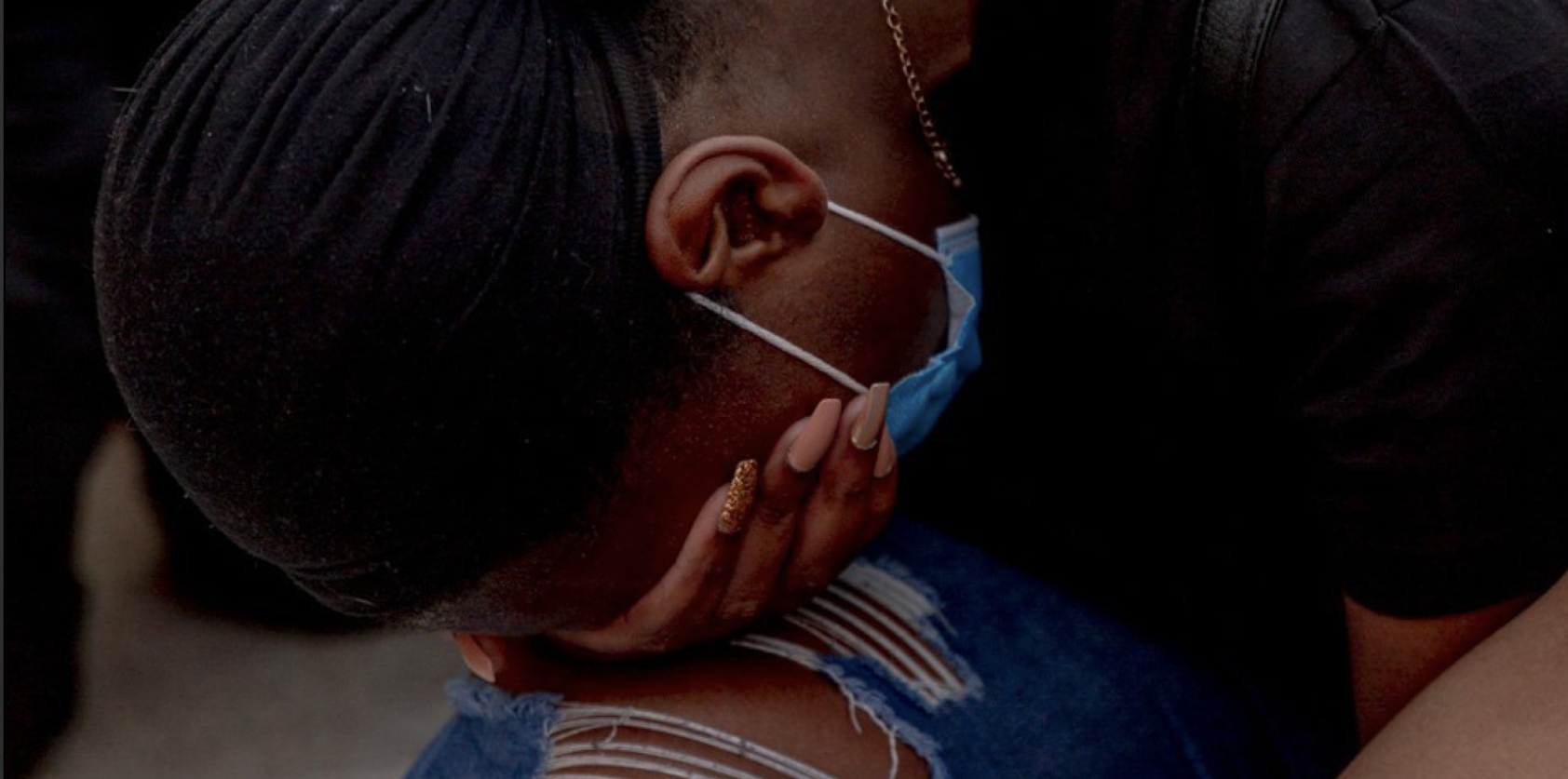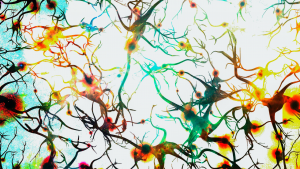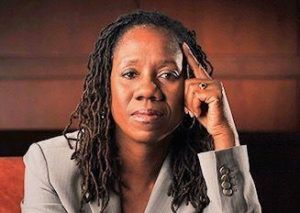We are in the middle of a Black bereavement crisis, and we do not have the privilege or time to grieve.
The only constant now is loss. More than 200,000 people are dead from COVID-19. We’ve all lost time, routines, jobs, connections to others. But the grief has not been evenly distributed.
Grief in this country has always had an equity problem, and 2020 has only amplified the issue, as Black deaths have come in back-to-back blows, from the coronavirus, police brutality, and the natural deaths of those we look up to most. Each new death, each new example of an old injustice, renews our grief, sending little shock waves of sorrow. We are in the middle of a Black bereavement crisis, and we do not have the privilege or time to grieve.
So many who look like me have died this year that even when I rattle off the names in earnest or exasperation, I chastise myself at the end when I realize that I missed someone from the long list. We’ve lost Chadwick Boseman, John Thompson, George Floyd, Breonna Taylor, Ahmaud Arbery, Dominique “Rem’mie” Fells, Riah Milton, Katherine Johnson, Representative John Lewis, the Reverend C. T. Vivian, Naya Rivera, Herman Cain, Stanley Crouch. The deaths aren’t just of people noted by the media. In June, a Washington Post/Ipsos poll found that nearly one in three Black Americans knows someone personally who has died of COVID-19. The death rate among Black individuals is up to 10 times higher than among white individuals. We’ve lost mothers, fathers, siblings, uncles, aunties, pop-pops, nanas, play cousins, friends, and neighbors as the pandemic ravages our community. The losses this year are so overwhelming that all I can say when I hear of more people who have died is “Damn, them too?”
[Read: A failure of empathy led to 200,000 deaths. It has deep roots.]
Black grief is not confined to the deaths of our legends and loved ones. We mourn because we know all too well that systemic inequities exist in health care, criminal justice, voting, housing, education, the economy. And they are on full display now. According to the Centers for Disease Control and Prevention, communities of color are at high risk for COVID-19 due to ailments such as obesity, diabetes, heart disease, and high blood pressure—whose prevalence in these communities is the result of long-standing racial health disparities. We know that those in the Black community make up a disproportionate number of essential workers, and that we are underinsured. We see how our children are affected by remote learning and school closings. We witness, with each killing captured on film, how Black people are treated by the police.
The grief we feel today also echoes back through time, to our ancestors, enslaved people who mourned long before I existed, and to those who endured the indignities of the Jim Crow era. Our traumas are handed down through the generations and intensify with each new death and realization that American systems were never designed to work in our favor. We know, too, what the inequities mean for our future. Our pain comes not just from those we’ve already lost, but from those we stand to lose over time. A specific sadness emerges when you realize that someone may be denied the chance to be their ancestors’ wildest dreams.
We’ve had to overcome insurmountable losses for the sake of self-preservation. And while resiliency has long been crucial to our emotional survival, enduring is not easy. Black stress and trauma are difficult to acknowledge, even to ourselves. Only one in three Black people who need mental-health care finds help, according to the American Psychiatric Association. And when we do, we receive poorer quality of care and lack access to culturally competent practitioners. We retreat into ourselves, into our community, and we take comfort in not having to explain our grief—the dreams deferred, the lost potential of Black legends—to anyone on the outside.
And now, because of COVID-19, we can’t even grieve together, lest we risk passing the virus to others. Losing the Black experience of mourning at homegoings—the tears, the singing, the foil-covered take-home plates of food, the celebration of a loved one getting their ancestral wings—denies us the chance to start healing when we need one another the most.
[Garrett M. Graff: The grief Americans no longer share]
We get no relief from being Black in America. No amount of reading lists on race or “ask your Black co-workers how they’re doing” articles is enough. It doesn’t help that Black folks often feel they must set aside their cumulative trauma to help white people understand the perils and indignities of racism and inequality. We have no breaks from the allies (the real ones or the alleged ones), the perpetrators, the microaggressions, the systemic issues, or the institutionalized racism. Nevertheless, we have an obligation to those who came before us to meet this moment with purpose and clarity.
Eventually this era will seep into our collective activism, art, music, photography, research, and literature. We will pass on stories of the time we lost so many of our own in the year 2020 but still managed to push for change. We will have the belated homegoing celebrations our family and friends deserved. We will one day heal from this, even if it won’t happen for two or three generations. We will reclaim our time to grieve and rest.
We have to, because if the Black bereavement bubble—engorged by tears, intergenerational trauma, social distancing, Zoom-viewed homegoings, police killings, and inequities in the U.S. health-care system—finally bursts, I worry that we may become numb. We might stop feeling anything, because another death will feel like just another day in America.




